
Today is the official opening in Jeddah of the International Ministerial Conference..aimed at reducing deaths associated with antimicrobial resistance "one of the most urgent global health threats"

- Europe and Arabs
- Friday , 15 November 2024 8:12 AM GMT
Jeddah: Europe and the Arabs
Antimicrobial resistance initiatives have returned to the spotlight with the holding of an international ministerial conference in the Saudi city of Jeddah, two months after a high-level meeting in New York during which the United Nations General Assembly unanimously adopted a political declaration on this issue. According to the United Nations daily news bulletin, a copy of which we received on Friday morning,
In the political declaration, the General Assembly, composed of 193 member states of the United Nations, pledged to take concerted action on serious health concerns that do not receive sufficient attention, including working to reduce deaths associated with antimicrobial resistance by 10% by 2030. It is noteworthy that these deaths are estimated at about five million deaths annually.
Antimicrobial resistance occurs when bacteria, viruses, fungi and parasites do not respond to drugs, making infections difficult or impossible to treat, and increasing the risk of spreading diseases, severe illness and death.
On the eve of the Fourth International Ministerial Conference on Antimicrobial Resistance in Jeddah, stakeholders from around the world gathered for an event that focused on the efforts of non-governmental organizations and academia in addressing “one of the most pressing global health threats and development challenges.” Saudi Health Minister Fahad Al-Jalajel stressed the need for a unified “One Health” approach that systematically addresses the obstacles to progress as antimicrobial resistance affects both humans and the environment.
“The Jeddah meeting represents a critical opportunity to strengthen our collective global response to the risks of this silent and growing pandemic,” he said.
The high-level conference, which officially opens on Friday and concludes on Saturday, is expected to bring together representatives from 57 countries, including 48 ministers and deputy ministers, and more than 450 participants from leading international organizations and civil society organizations, including UN offices and agencies.
The aim is to move from “declaration to action” through multisectoral partnerships in the fight against antimicrobial resistance, which has had disastrous impacts on health, economies and societies, particularly in low- and middle-income countries.
The meeting will address priorities including monitoring and oversight, capacity building, financing, governance, innovation, research and development.
UN News spoke with Catherine Orbaez, Executive Director of the Geneva-based NGO Health Diplomacy Alliance, which focuses on advocacy and diplomacy to advance global health issues.
Orbaez said the COVID-19 pandemic has demonstrated the vital importance of “One Health” policies and mobilizing collaboration and awareness across sectors and stakeholders.
The complexity of the issue, lack of funding and political will in some countries “with competing health issues that governments have to deal with” makes it difficult to move from policy documents to action, according to Julienne Nyamubasheto, deputy director of ReAct Africa, a global network that catalyzes action on antimicrobial resistance primarily in low- and middle-income countries.
She said the General Assembly’s political declaration was an improvement over its predecessor in 2016, and “it was good to see commitments, not just targets” on funding. She said the conference’s theme of “Moving from Declaration to Action” was very timely and she hoped to see a serious commitment from ministers in Jeddah.
She added: “This is really a global health threat, it’s not just affecting the health sector, it’s not just affecting the agriculture and environment sectors, but it’s actually an economic problem as well.”
Ms. Orbaez stressed the need to move from commitments to practical action, adding that the General Assembly’s political declaration and the Jeddah conference were big steps in the right direction, and what was needed was to ensure that the political momentum continued. She stressed that the commitments could be implemented if there was political will to do so, and that establishing a “monitoring and accountability mechanism” was essential.
Michel Peters is the Secretariat Representative of the Antimicrobial Resistance Industry Alliance, which brings together companies and industry organizations in the fields of research and development, pharmaceuticals, generics, biotechnology and diagnostics. He also represents the broader private sector on the Steering Committee of the Multi-Stakeholder Partnership Platform on Antimicrobial Resistance.
Peters told UN News that antibiotics are “fundamentally different” from any other product that comes to market in that the goal is to sell as much of it as possible. “With antibiotics, the goal is to get the right medicine to the right person when they need it, and that’s not always a profitable business,” he said.
He also noted that developing antibiotics takes “an incredible amount of time and investment” and in many cases the medicines never make it to market, leaving “the antibiotic market broken.”
Drug resistance increases the risk of disease transmission, disability and death by making antibiotics and other antimicrobial medicines ineffective, making it harder or impossible to treat infections. In the political declaration adopted by the General Assembly, world leaders called for sustained national financing and catalytic funding of $100 million to help achieve the goal of having at least 60% of countries fund national action plans on antimicrobial resistance by 2030. The declaration also formalized the Quadrennial Secretariat on Antimicrobial Resistance, which includes WHO, UNDP and FAO.


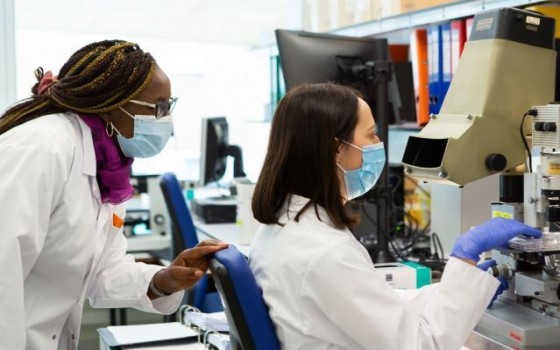
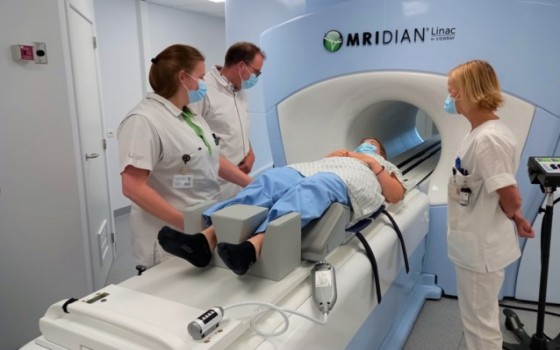
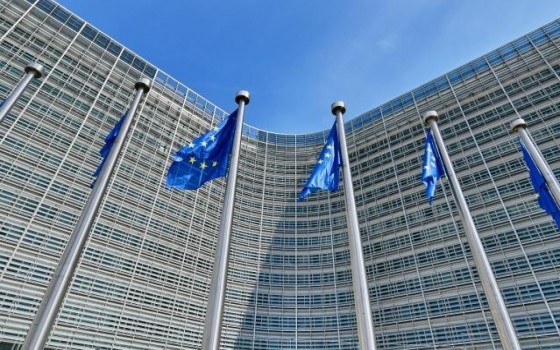
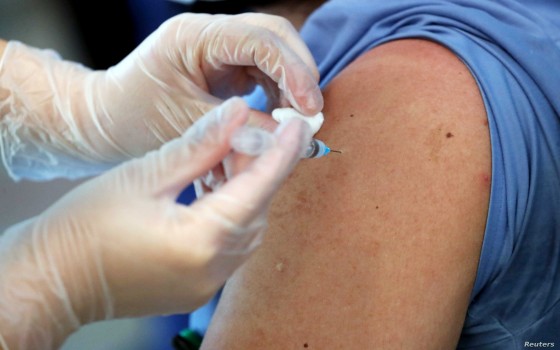
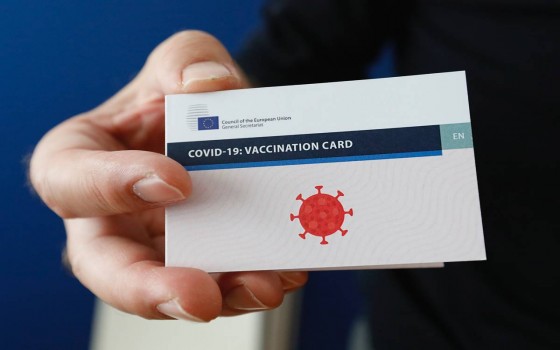


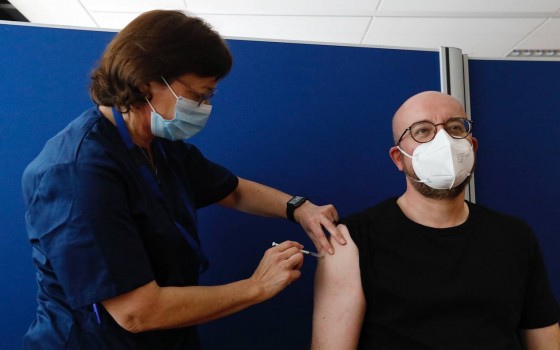


No Comments Found